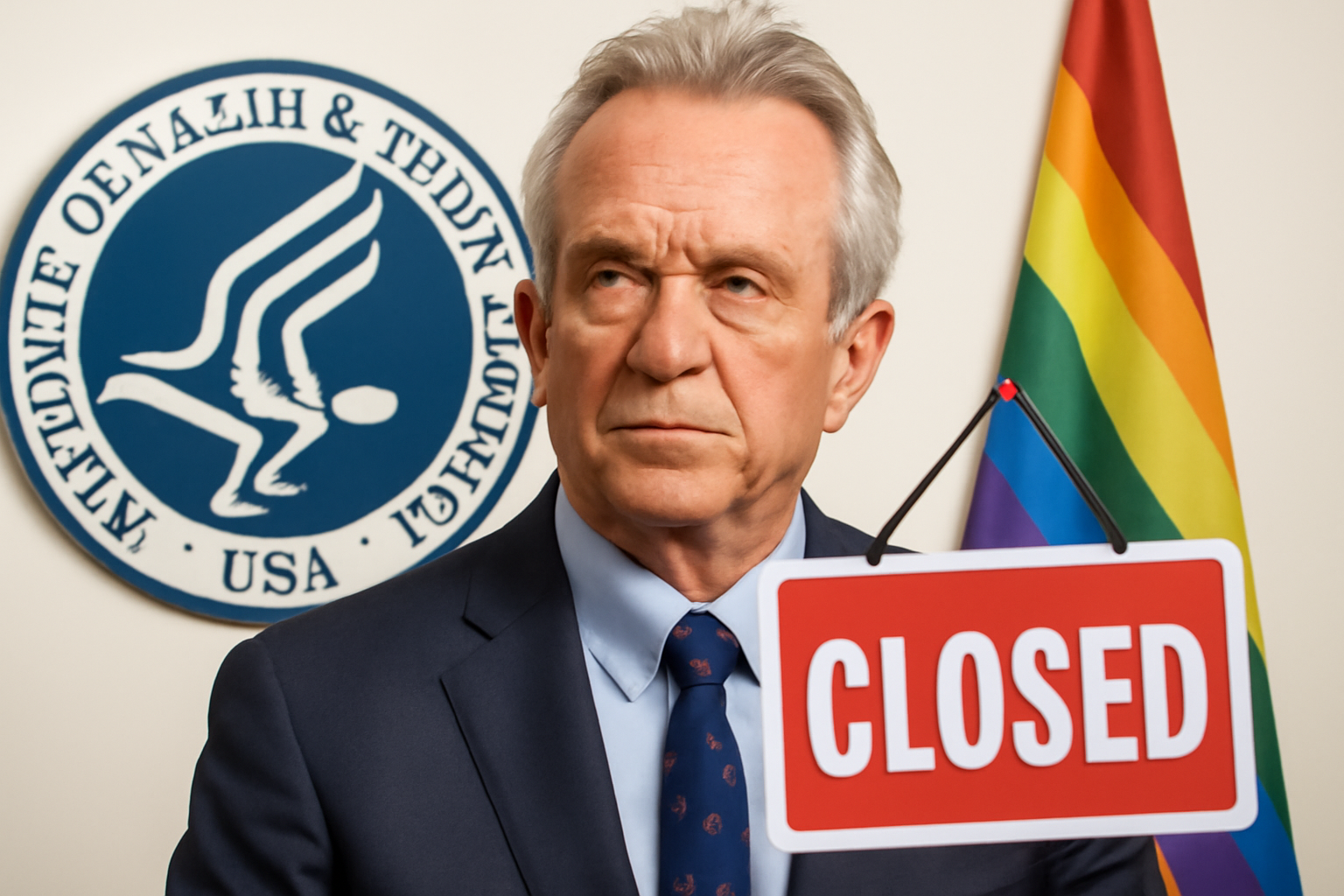
Introduction
In a surprising move, Robert F. Kennedy Jr., a prominent public figure with a long-standing involvement in various public and health-related initiatives, has announced plans to close the Department of Health and Human Services (HHS) Office of Infectious Diseases and HIV/AIDS Policy. This decision has sparked a significant amount of debate and concern among health professionals, advocacy groups, and the LGBTQ+ community, as this office plays a critical role in managing public health and supporting those affected by infectious diseases, including the HIV/AIDS epidemic.
Understanding the Role of the Office
The HHS Office of Infectious Diseases and HIV/AIDS Policy has been instrumental in coordinating federal efforts to combat infectious diseases. Its responsibilities include the development of policies, guidelines, and initiatives to prevent and treat infectious diseases, promote public health, and address the needs of vulnerable populations, particularly those at higher risk of HIV/AIDS. The office also plays a key role in facilitating research and collaboration among various agencies and organizations dedicated to these causes.
The potential closure of this office could have far-reaching implications. For many, it represents a rollback in the support and resources available to combat diseases that disproportionately affect marginalized communities, including the LGBTQ+ population. Advocacy groups have expressed concern that closing this office may lead to reduced funding and attention to critical health issues that require ongoing commitment and action.
Reaction from the LGBTQ+ Community
The announcement has been met with swift backlash from LGBTQ+ activists and health advocates who emphasize the importance of maintaining dedicated resources and infrastructure to address infectious diseases and HIV/AIDS. These groups fear that eliminating the office could hinder progress made over decades in reducing the impact of these diseases, particularly among communities that have historically experienced discrimination and inadequate access to healthcare.
Many advocates argue that the office's closure could send a detrimental message about the government's commitment to public health and the well-being of all citizens, particularly those who are most vulnerable. They stress the need for continued support and targeted interventions to address health disparities and ensure that everyone has access to the care and treatment they need.
Public Health Implications
The closure of the HHS Office of Infectious Diseases and HIV/AIDS Policy could result in significant challenges for the management and prevention of infectious diseases. With the ongoing threat of new pathogens and the continuing battle against HIV/AIDS, the need for coordinated efforts and strategic policy implementation is crucial. The office has been pivotal in responding to health emergencies and ensuring that effective prevention measures are in place.
Experts warn that disbanding the office may lead to fragmented efforts and a lack of cohesive strategy in addressing these critical health issues. It could also impact funding allocation and the ability to mobilize resources efficiently in response to outbreaks or public health crises.
Call to Action
In light of this development, public health advocates are calling for a reevaluation of the decision and urging policymakers to recognize the importance of maintaining robust infrastructure dedicated to combating infectious diseases. They highlight the need for continued investment in public health systems and the protection of vulnerable populations from health disparities.
The LGBTQ+ community, alongside other advocacy groups, is mobilizing efforts to raise awareness and push for policy discussions that emphasize the importance of sustained support for infectious disease management and prevention. By bringing attention to the potential consequences of closing this vital office, they aim to ensure that public health remains a priority and that all individuals have access to the resources they need to live healthy, fulfilling lives.
As the conversation continues, it is clear that the decision to shutter the HHS Office of Infectious Diseases and HIV/AIDS Policy has far-reaching implications. It underscores the ongoing need for vigilance, advocacy, and collaboration in the fight against infectious diseases and in ensuring equitable healthcare for all.
Related Posts
Triumphant Trans Woman Wins Legal Battle and Inspires Others to Stand Up for Their Rights
Breaking new ground: a landmark victory in transgender rights After battling in courtrooms and enduring endless challenges, Diana Portillo, a transgender woman, has secured a monumental victory in her decade-long fight against workplace discrimination. The result? Nearly $1 million awarded in a historic settlement. But this isn't just a win on paper—it represents a powerful precedent in combati [...]
Pride Month in Latin America: Protests and Demands for Equality
**Celebrating Pride and advocating LGBTQ+ rights in Latin America** Pride Month in Latin America was a lively mix where celebration met activism. Communities united, not just throwing a party but making a stand—demanding equality and pushing governments toward better protection and rights recognition. Throughout Latin America, pride events erupted in marches and cultural displays, each with a c [...]
Transgender Erasure Actions Implemented by National Park Service
```html Trump administration's impact on national park service and transgender recognition The Trump administration made notable moves in undermining transgender representation, which included directing agencies like National Park Service not include "T" and "Q" when they refered “LGBTQ” in any official communication. This move seems part a broader plan by this administration aimed at reducin [...]